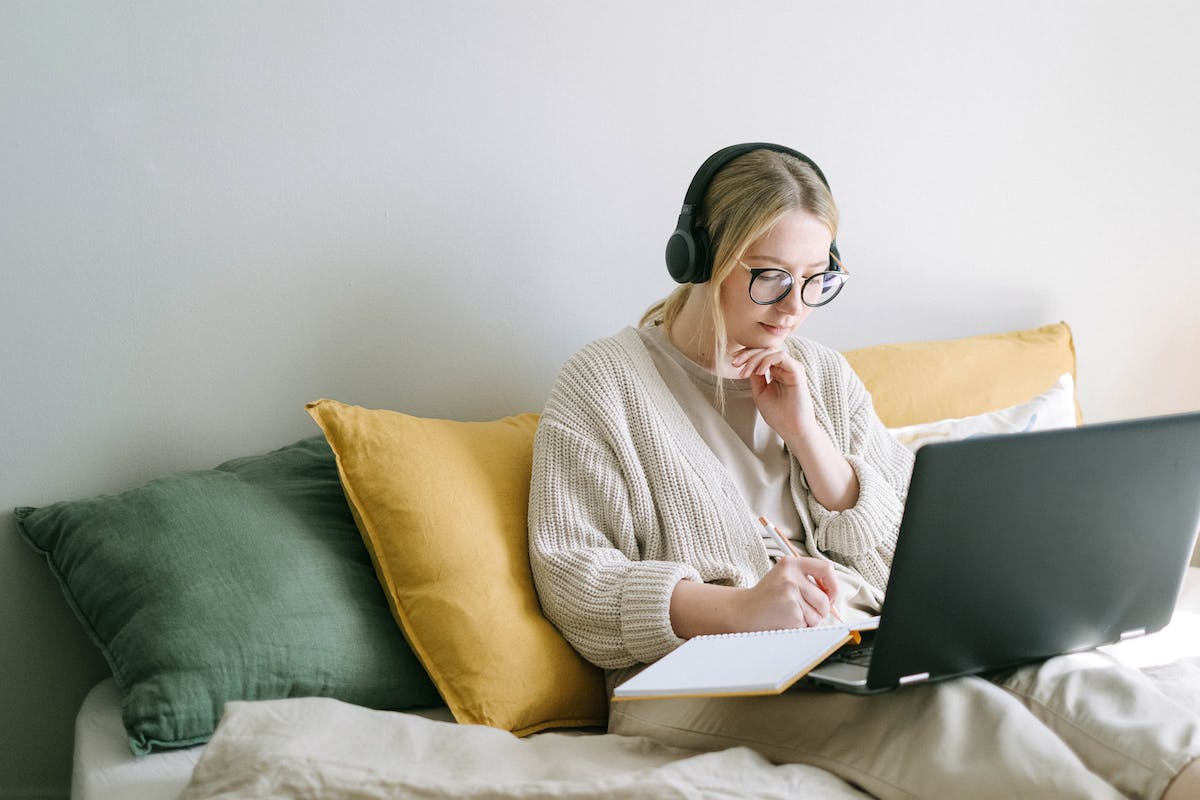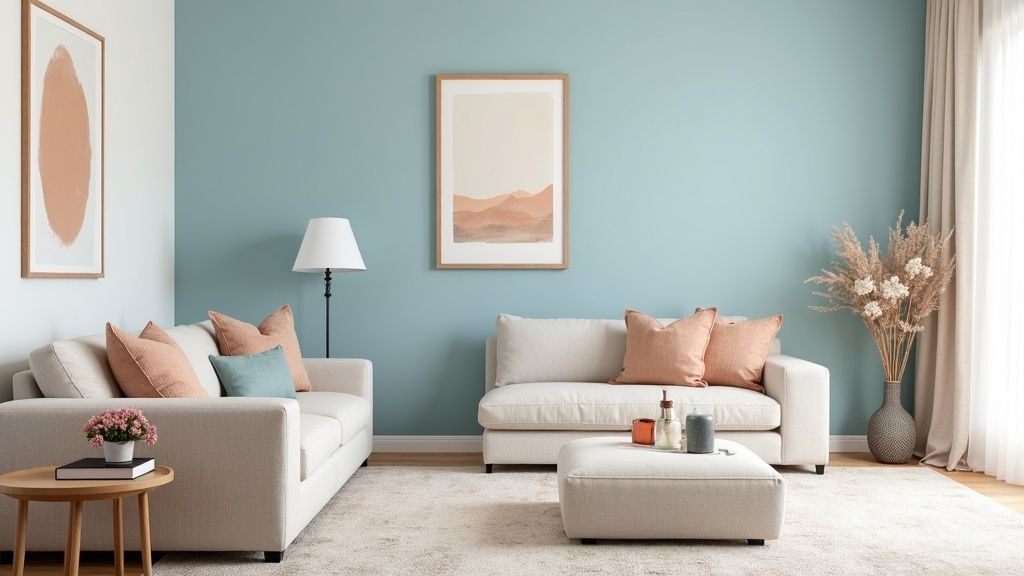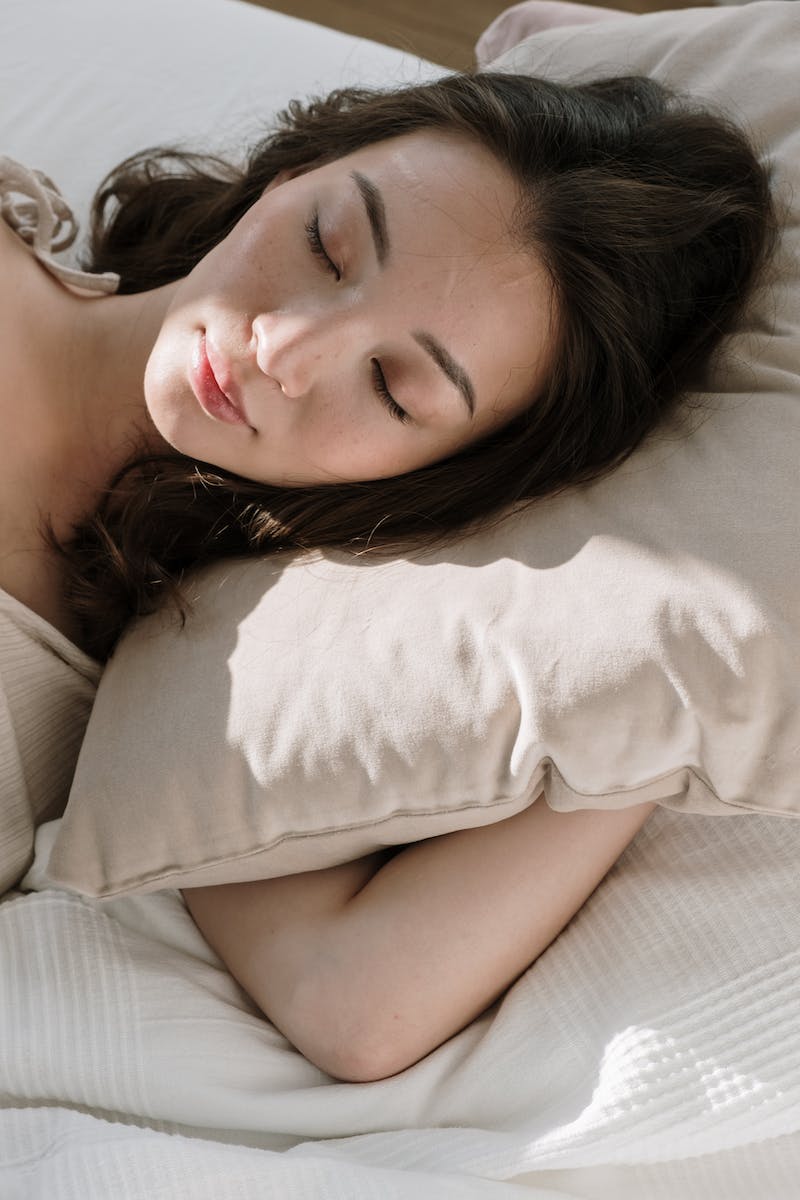Advertisement
Lifestyle
Approximately 65% of menopausal women experience sleep disturbances

Sleep problems in menopausal women soar to 65%
Introduction to Menopause and Sleep Problems
As women age, they undergo a natural transition known as menopause. This is a significant period in a woman’s lifecycle marking the end of the reproductive phase. Hormonal fluctuations during this phase can lead to various symptoms, one of which is sleep problems or insomnia.
The prevalence of sleep problems in menopausal women is alarmingly high with nearly 65% of them facing these issues. This startling figure has attracted considerable attention from the medical fraternity worldwide. The reasons for the sleep disruptions are multifold including night sweats, mood swings, hot flashes and anxiety that come with menopause.
Understanding the underlying contributing factors and finding suitable coping mechanisms hold paramount importance. Let’s delve deep into understanding why menopausal women face sleep problems and what can be done to ameliorate these distressing issues.
Night Sweats and Sleep Patterns
Night sweats, common among menopausal women, disrupt sleep. When a woman goes through menopause, her body’s estrogen levels drop significantly causing an imbalance of internal thermoregulation, triggering what we know as ‘hot flashes’ or ‘night sweats’.
Think about Linda, a 50-year-old woman undergoing menopause. She wakes up at night drenched in sweat, leaving her uncomfortably wet and disrupting her sleep.
- Linda frequently experiences disrupted sleep due to night sweats.
- She often wakes up in the middle of the night feeling excessively hot.
- The need to change her soaked nightwear further interrupts Linda’s sleep.
- The persisting discomfort can cause restlessness leading to insomnia.
- Her disturbed sleep patterns affect her energy level during the day.
- Additionally, Linda may also feel irritable due to lack of proper sleep.
Influence of Mood Swings on Sleep
Menopause is not just about physical changes, it also involves emotional and mental shifts that may lead to mood swings. Hormonal upheavals can result in feelings of sadness, anxiety, irritability, or depression. These emotional disturbances might influence sleep patterns.
For instance, Carol, a 51-year-old woman experiences mood swings since she started menopause. This impacts her sleep cycles significantly.
- Carol finds herself feeling anxious, leading to difficulty in falling asleep.
- She often wakes up at odd hours and has trouble returning to sleep.
- Her disrupted sleep results in daytime fatigue and tiredness.
- Her moods swing unpredictably further aggravating her sleep problems.
- The cyclic pattern of poor sleep leading to mood swings, which in turn disrupt sleep, becomes a vicious cycle for Carol.
- Stress and anxiety related to these disruptions may worsen the situation.
Hot Flashes Resulting in Disrupted Sleep
Another manifestation of hormonal changes during menopause is hot flashes affecting sleep. Hot flashes are sudden feelings of warmth, sometimes causing a red, flushed face and sweating.
Consider Judy, who regularly faces this issue while trying to get some restful sleep.
- Judy frequently wakes up due to the sudden onset of extreme warmth.
- These episodes of hot flashes leave her tossing and turning in her bed.
- Repeatedly waking up reduces her overall sleep time.
- Lowered quality of sleep brings exhaustion and affects her daily productivity.
- Judy’s constant struggle with sleep leads to feelings of frustration and distress.
- As a result, the overall quality of her life gets severely affected.
Coping Mechanisms for Better Sleep During Menopause
Now let’s take a look at some of the ways that can help menopausal women cope with sleep disorders. Implementing these strategies might alleviate their sleep problems and contribute to better overall health.
Consider Susan who decided to bring changes in her lifestyle and habits to deal with her sleep disruptions and gained significant improvement.
- Susan maintains a regular sleep schedule, waking up and going to bed at the same time each day.
- She avoids caffeine, alcohol, and large meals close to bedtime.
- Keeping her room cool helps manage night sweats and hot flashes.
- Meditation and relaxation techniques assist in managing her anxiety and mood swings.
- Getting regular exercise proves beneficial in promoting sound sleep.
- Professional help provides effective management strategies for Susan.
| Problems | Effects | Coping Mechanisms |
|---|---|---|
| Night Sweats | Interrupted Sleep | Cool Room Temperature |
| Mood Swings | Disrupted Sleep Cycle | Meditation & Relaxation Techniques |
| Hot Flashes | Reduced Sleep Time | Regular Exercise & Professional Help |
Conclusion
Menopause is a complex period characterized by multiple physical and emotional changes in a woman’s life. The repercussions of this hormonal shift range from discomfort in daily functioning to more distressing issues like disrupted sleep patterns. As we have seen, nearly two-thirds i.e., 65% of menopausal women experience sleep problems.
The need to create awareness about these issues is ever so crucial given their high prevalence. Equally important, is the understanding that coping mechanisms are instrumental in managing these sleep disruptions, which in turn, enhance overall well-being during and post-menopause.
Further Reading Recommendations
Knowledge is power, especially when it comes to managing health conditions such as menopause related sleep problems. Be sure to read up on academic research papers, self-help books or forums, etc.
Remember Andrea, a bibliophile who loves reading. Once she started facing menopause-related sleep issues, she indulged in intensive research through various resources.
- Andrea found several academic papers explaining sleep issues in menopausal women.
- She discovered self-help books that provide strategies to cope with menopausal symptoms.
- Being technologically inclined, she also explored numerous online resources and forums.
- This helped her understand what other women are going through and mitigated feelings of isolation.
- Aside from helping herself, Andrea shared these sources within her community.
- This created broader awareness and equipped more women with means to tackle their sleep issues.












